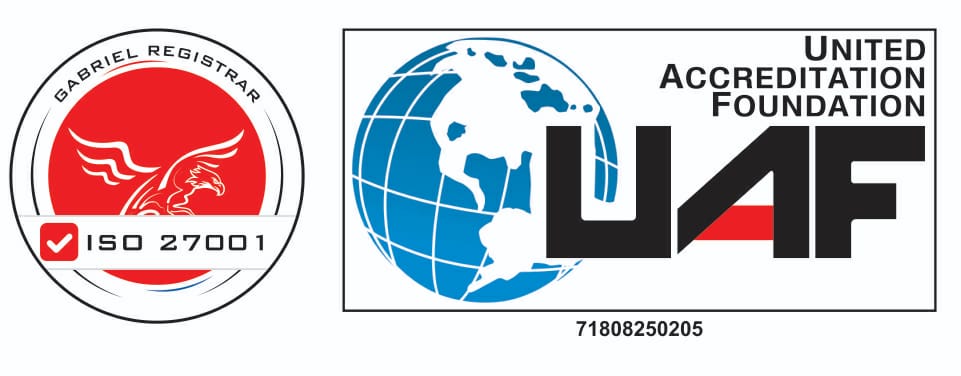Security Audit

Cyber Security Audit
Discover the Cyber Security risks to your business data and understand what it would take to mitigate those risks.
We will provide you with a high-level independent cybersecurity audit that will give you valuable insight into your system’s potential for data loss, your breach susceptibility and other risk factors that may leave you vulnerable.
What is a Security Audit?
Cyber Security audits are one of the most fundamental ways of identifying the risks to any business, are crucial to the effective management of an organisation and are a great acid test to check that your risk management and risks assessments are on the right track.
Audits should be carried out in line with the risks to the business and should also extend beyond your own organizational boundaries both logical and physical and include third party suppliers.
It’s paramount that effective internal audits should target people, processes and technology.
Security Audit Services
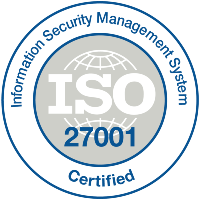
ISO 27001:2013
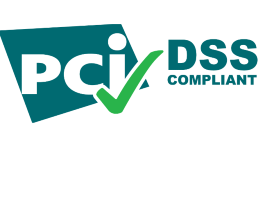
PCI DSS

HIPAA
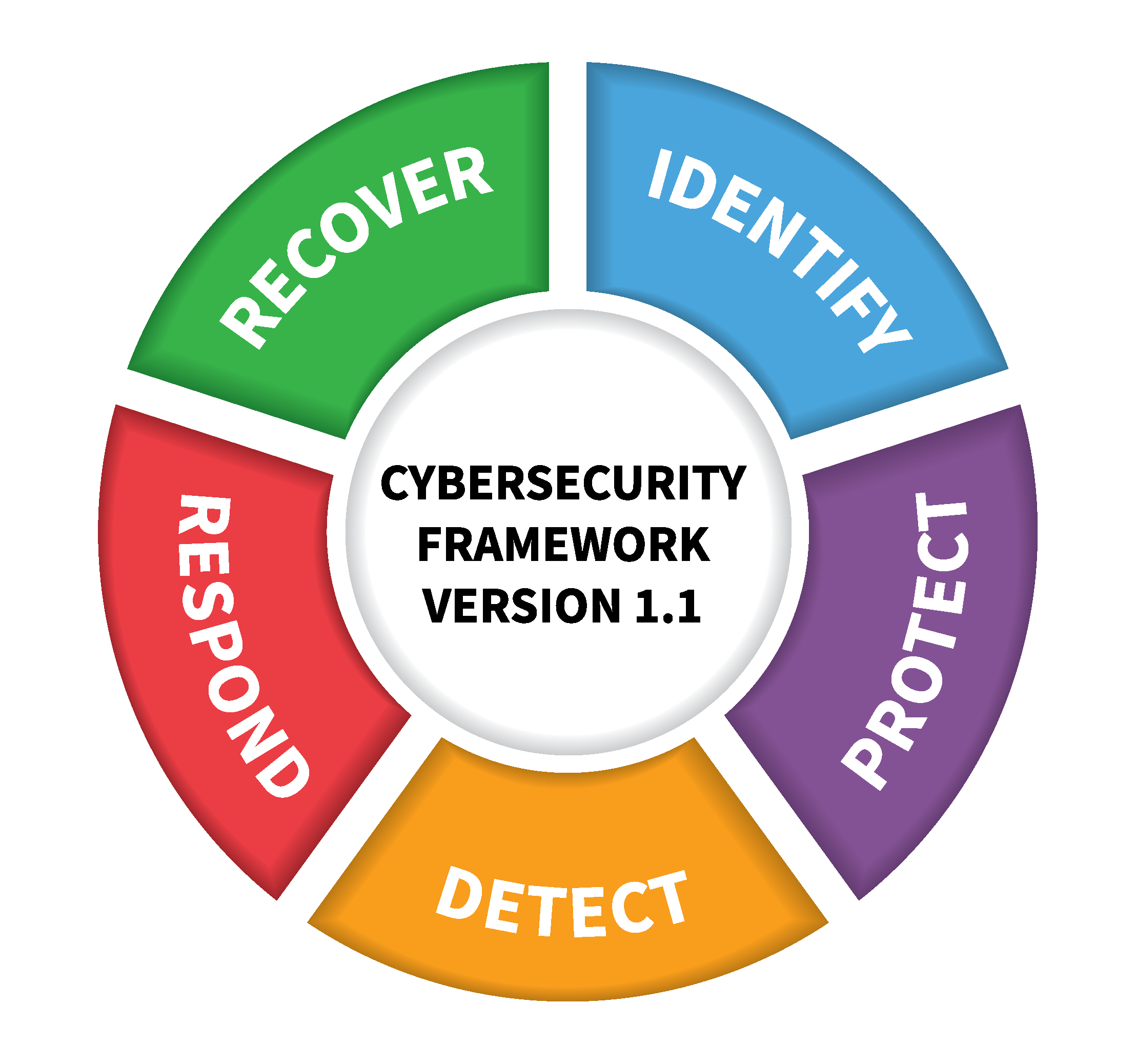
NIST
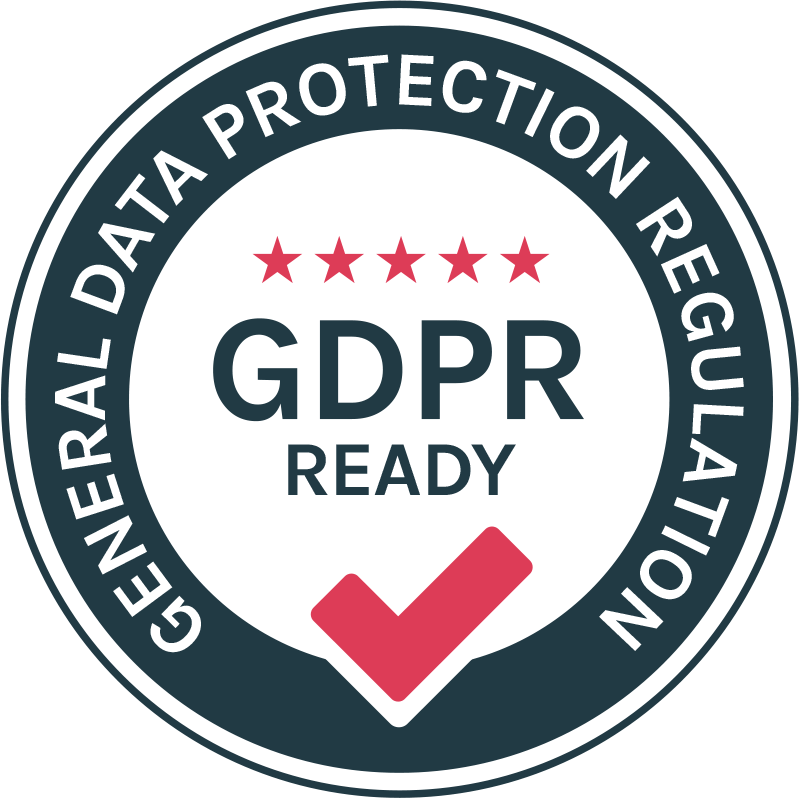
GDPR

Australian Cyber Security Centre (ACSC)
Information Security Manual (ISM)
Protective Security Policy Framework (PSPF)
RBI Framework
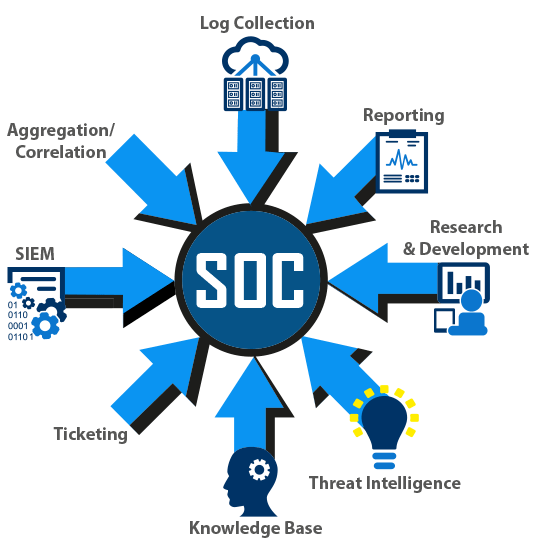
SOC
Benefits of Information Systems Security Audits!
- Uncover hidden system vulnerabilities
- Identify the data and information leak points to patch
- Improve your system performance
- Prevent from information leaks and breaches
Cyber Security Audit
Features!
- Complete cyber security audit of your IT Infrastructure
- Identification of risks, vulnerabilities and your threat exposure
- High-level summary report of findings and priorities
- Minimal disruption to your business operations
Why CyberSapiens?
24*7 Operation
Proven Track Record
Single Point of Contact
Vendor Neutral
Customer Focused
Passionate & Experienced
Trusted Partner
Focused on Quality
Agile & Aware
Fully Accountable

Get In Touch
By filling this form ↓
FAQ's
A security audit is process through which we assesses the security of an organization's information systems and assets to identify vulnerabilities, flaws, and potential threats.
A security audit aims to assess the organization's overall security posture and identify areas where improvements can be made to prevent unauthorized access, theft, and data damage.
Here are the benefits of information systems security audits:
- Uncover hidden system vulnerabilities
- Identify the data and information leak points to patch
- Improve your system performance
- Prevent information leaks and breaches
The cyber security Audit features are the following:
- Complete cyber security audit of your IT Infrastructure
- Identification of risks, vulnerabilities and your threat exposure
- High-level summary report of findings and priorities
- Minimal disruption to your business operations
Here are some reasons for choosing us for your organisation cyber security audit:
- 24*7 Operation
- Proven Track Record
- Single Point of Contact
- Vendor Neutral
- Customer Focused
- Passionate & Experienced
- Trusted Partner
- Focused on Quality
- Agile & Aware
- Fully Accountable
There are numerous security audit tools in the market that can be used to conduct security audits.
The following are some of the most commonly used tools:
Nessus: It is a vulnerability scanner that can be used to find flaws in networks, systems, and applications. It can be used to detect known vulnerabilities and misconfigurations in various technologies.
Nmap: Nmap is a network mapping and port scanning tool for discovering hosts and services on a network and identifying potential vulnerabilities.
Wireshark: Wireshark is a network protocol analyzer for capturing and analyzing traffic. It can be used to detect network attacks and troubleshoot network problems.
The primary goal of security audits is to evaluate an organization's information technology infrastructure, policies, and procedures to identify potential vulnerabilities and evaluate the efficacy of existing security measures.
A security audit's goal is to determine an organization's risk level and recommend measures to mitigate those risks.
The frequency of security audits is determined by several factors, including the organization's size, the complexity of its IT infrastructure, the level of risk, and any regulatory or compliance requirements.
In general, security audits should be conducted regularly to ensure that the organization's security measures are current and effective in mitigating potential risks.
There is no doubt that CyberSapiens is one of the best security audit operation centers globally.
We provide the best and unmatched features and benefits in comparison to our competitors.
The steps involved in conducting a security audit can vary depending on the scope and objectives of the audit, but the following are some general steps:
- Define the audit's scope and objectives
- Prepare for the audit
- Gather information
- Determine any potential flaws
- Examine the efficacy of existing security measures
- Examine compliance with rules and regulations
- Present your findings and recommendations
- Follow up on and confirm corrective actions
A security audit network, also known as a network security audit, is a type of security audit that focuses on an organization's network infrastructure. A network security audit aims to evaluate the effectiveness of an organization's network security controls and identify potential vulnerabilities and risks.
The following are some examples of common types of security audits:
- Network Security Audit
- Application Security Audit
- Physical Security Audit
- Social Engineering Audit
- Compliance Audit
- Cloud Security Audit
- Wireless Security Audit
- Incident Response Audit
- Third-Party Security Audit
- Data Security Audit
A security audit report is a summary of the findings of a security audit.
The report includes an overview of the audit objectives, scope, methodology, results, identified vulnerabilities, non-compliance areas, and recommendations for improving security measures.



